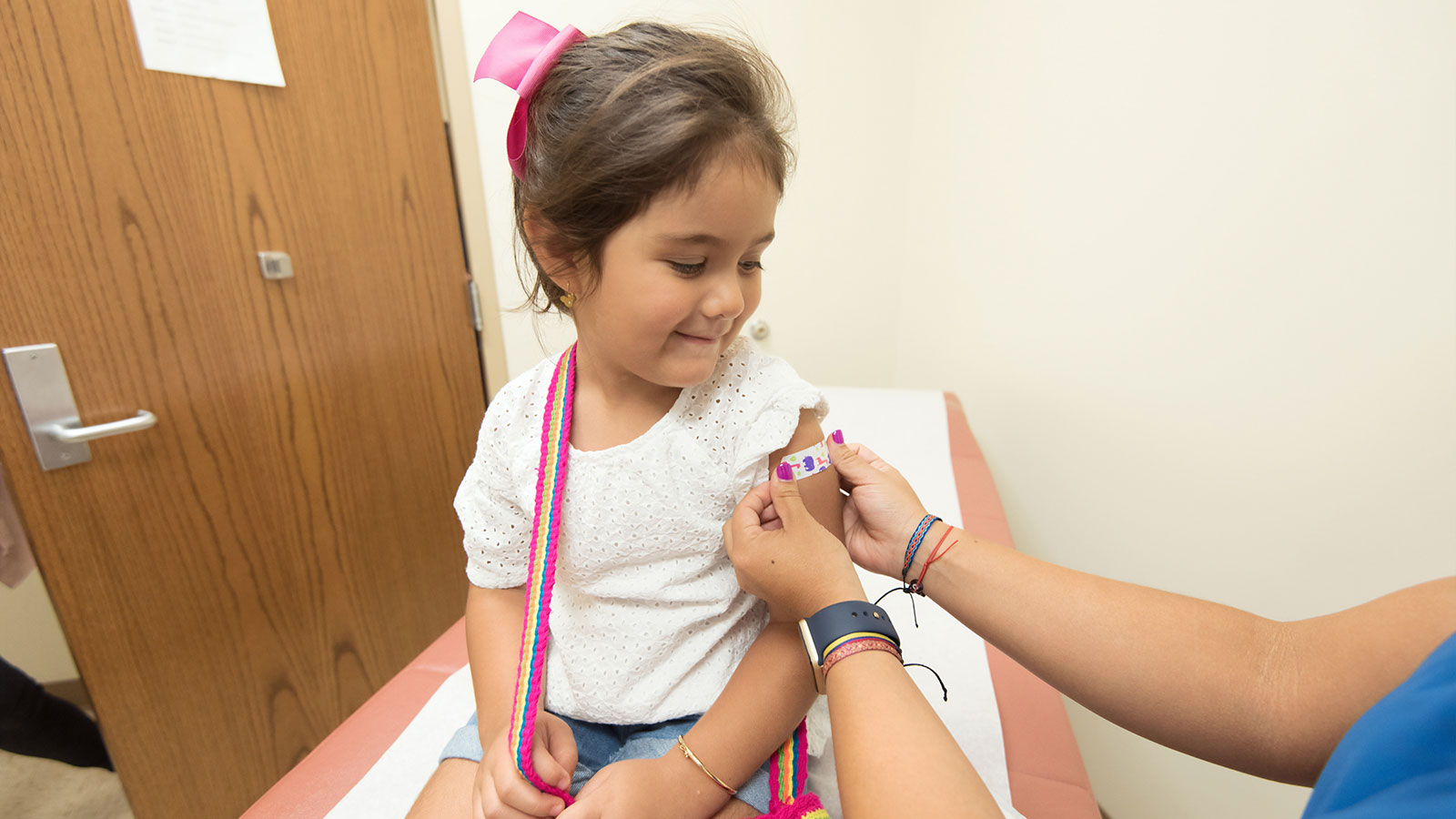
Thanks to a recent decision by Health Canada, children in British Columbia over the age of six months are now eligible for COVID-19 vaccinations. And a recent study by UBC researchers reveals some surprising attitudes about child vaccination from parents who remain unvaccinated.
Dr. Ran Goldman, professor of pediatrics at UBC, answers some questions for parents looking for more information before vaccinating their children.
What did your new study find?
In collaboration with 21 hospitals across four countries including Canada, we interviewed 4,500 parents and caregivers—19 per cent were unvaccinated, but among the unvaccinated, seven per cent still said they planned to vaccinate their kids. While that may seem like a small percentage, it proves that even some parents who do not get vaccinated understand the vaccine’s importance for children.
Some parents are worried about side-effects—should they be?
Any vaccine will have some side effects, not just COVID vaccines. But many studies have shown that most side effects, including soreness or redness where the shot was given, are mild. And that the risks associated with COVID far outweigh any risks associated with getting the vaccine.
Can vaccines wear out a child’s immune system?
No, they activate the immune system—and that’s exactly what vaccines are designed to do. The mRNA vaccines allow the body to develop antibodies to fight the virus and harness our immune system to work next time there’s a COVID infection, but does not drain the immune system.

Dr. Ran Goldman
Are children less likely to get seriously ill from COVID than other age groups?
In the beginning of the pandemic, the symptoms for children were very mild compared to symptoms for adults, so some parents thought it was better for their child to get COVID and recover, rather than get vaccinated. But we now know that some children can get very sick and 10 per cent of children who get COVID actually get long COVID, which is much worse and can cause symptoms for a long time after the illness is gone.
The World Health Organization (WHO) does not recommend the vaccine for children under the age of five—why then is the vaccine considered OK for kids here in Canada?
The WHO provides health recommendations for the whole world and makes decisions based on a global perspective while accounting for many different populations and healthcare systems. Here at home, Health Canada makes recommendations based solely on the Canadian context, which differs—often dramatically—from other countries. Health Canada reviewed the evidence from vaccine studies and the vaccine program in Canada and found the vaccine to be safe and effective for Canadian children.
My child’s school requires vaccinations for other diseases like polio, measles and mumps — can too many vaccines be harmful?
For many years the medical community has been working to reduce the number of shots children receive and many vaccines are now given together at the same shot or the same visit to the doctor. We know that our bodies and immune system can handle several different vaccines very well, with no harm. Your doctor will know which vaccines can go together and when to limit the number of vaccines given at any given time.
If parents remain skeptical of the vaccine for their child, who should they talk to?
They should speak to someone with firsthand knowledge—family physicians, pediatricians, nurses or pharmacists. Ask questions about the vaccine, its efficacy and the risks of COVID. It’s important to arm yourself with knowledge to protect your family from the virus.